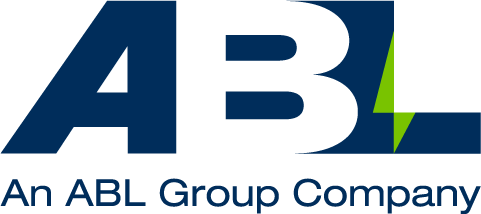Add Energy has moved
Add Energy has been integrated into two ABL Group companies. The Asset & Integrity management division is now a service line within ABL. The Drilling, Well Control, Safety & Risk Engineering are now a part of AGR.
Please use the links below to navigate to your area of interest.


